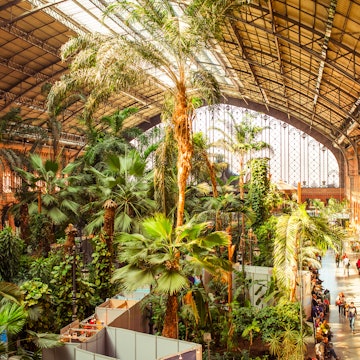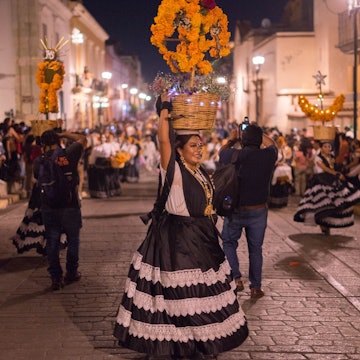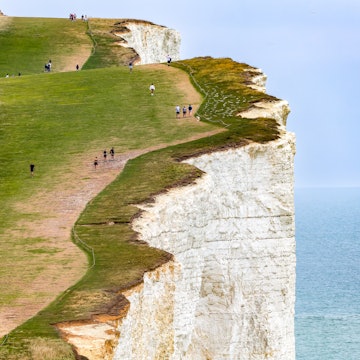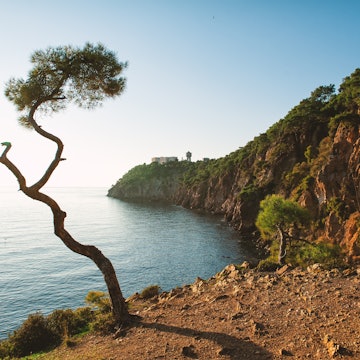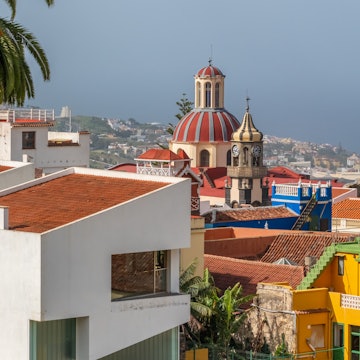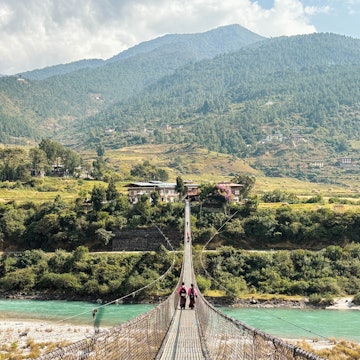

International visitors will be able to obtain e-visas by 2021, as long as they're not from the US, Canada, or the UK. Image: Pete Seaward/Lonely Planet
When it comes to tourism, the 2018 World Cup cracked open the door, and Russia’s government seems set to open it even further in the coming years, making it easier than ever for visitors to obtain visas.
In June, the state-run news site RT.com reported that Russia is simplifying its convoluted, fee-heavy entry process in favour of e-visas for tourism, business, and humanitarian purposes alike, to be introduced in January 2021. There’s just one hitch: only certain countries will be eligible, and as of now, the US, Canada, and the UK don’t seem to have made the cut.
It doesn’t take a rocket scientist to figure out why. Between election interference in the US and the Salisbury poisoning incident in the UK, tensions have been running high for several years now. “It has been apparent over the last 25 years that Russian and British visa policy mirrors each other at times of geopolitical tension,” Paddy Blewer, group director of public relations for investment migration firm Henley and Partners, recently told Skift. “It is used as an instrument of policy by both Westminster and Kremlin, and it’s become quite a public form of diplomacy and politics.”
Though many members of the international media cited the moral and ethical issues inherent in holding the World Cup in a country with a propensity for hooliganism and human rights abuses, the 2018 tournament proved to be an overwhelming success, both in terms of image rehab and visitation numbers. Ahead of the final, Guardian writer Shawn Walker said of the public relations blitz, “With the World Cup, Russia is changing some part of the message, finally. Hundreds of thousands of foreigners are seeing that there is a fun side to Russia.”
Indeed, nearly half a million more people visited the country last year than the year before: some 4.2 million compared with 2017’s 3.8, a 10% bump. Foreigners were allowed to enter the country without a visa during the World Cup if they had a fan ID, according to RT.com, and deputy head of the ministry of digital development, communications, and mass communications, Oleg Pak, said that a similar process will be in place for the new online visa service.
“Getting a lot of tourists in means people actually find out that Russia is not this kind of construct out of a 1970s Cold War spy film,” Mark Galeotti, a professor at the School of Slavonic and East European Studies at University College London, told Skift reporter Rosie Spinks. “It’s not just that people come and spend money, but also that actually people leave with a very different impression of Russia.”
And if all goes according to plan, more international visitors than ever before should soon have the opportunity to do just that.


















